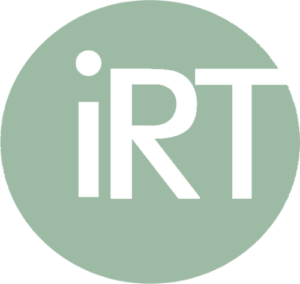The BNI is a screening tool and brief intervention model for use in hospital emergency departments with adults presenting for acute care and who have a history of hazardous or harmful drinking. The intervention uses motivational interviewing and cognitive behavioral strategies to reduce high-risk alcohol use and driving under the influence of alcohol.
Teen Intervene
Teen Intervene is a school- or community-based intervention program for 12- to 19-year-olds who display the early stages of alcohol or drug involvement. The program is typically administered in an outpatient, school, or juvenile detention setting by a trained professional in three 1-hour sessions conducted 10 days apart. Parents are included in the third session in an effort to support parent-teen communication and support around abstinence goals. The overall goals are for teens to reduce and ultimately end their substance use.
Recovery Training and Self-Help
Recovery Training and Self-Help (RTSH) is a group aftercare program for individuals recovering from opioid addiction. A professional therapist and a group leader co-lead participants through a program designed to deactivate addiction by teaching and supporting alternative responses to stimuli previously associated with opioid use. The overall goal is abstinence.
Project SUCCESS
Project SUCCESS (Schools Using Coordinated Community Efforts to Strengthen Students) is designed to prevent and reduce substance use among students 12 to 18 years of age. The four-part program includes education about substance use and consequences, school-wide activities to change social norms about substance use, a parent education component, and individual and group counseling for students and parents.
PRIME For Life
PRIME for Life (PFL) is a motivational intervention for adults, and has been used primarily among court-referred impaired driving offenders. Trained instructors use multimedia, guided instruction, and motivational interviewing techniques to increase participant motivation to change their perceptions of the risks of drug and alcohol use. The overall goals are to reduce risk of alcoholism or addiction, reduce intention to use substances, and reduce substance use-related crimes or delinquency.
Family Support Network
Family Support Network (FSN) is an outpatient, multi-provider, substance abuse treatment program targeting youth ages 10-18 years. FSN includes 12 sessions of cognitive behavioral therapy for the adolescent, six family education meetings addressing recovery and family management issues, four home visits to reinforce the family’s commitment to treatment for the adolescent, and case management to address barriers to treatment. The overall goal is abstinence from substance use.
